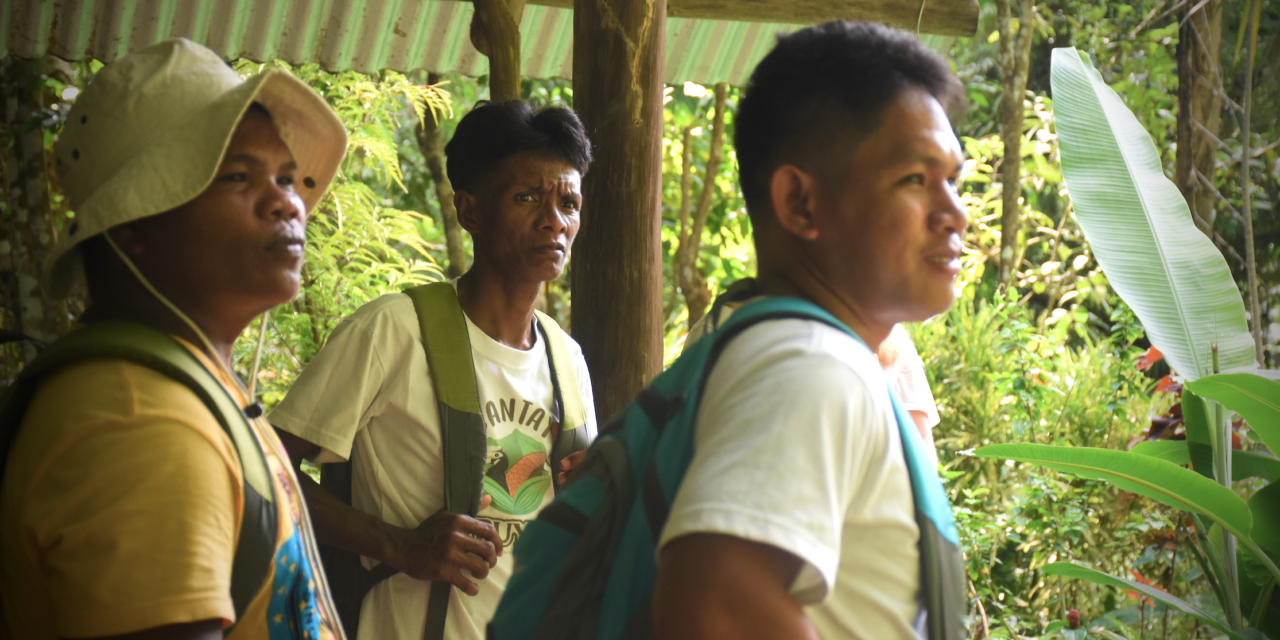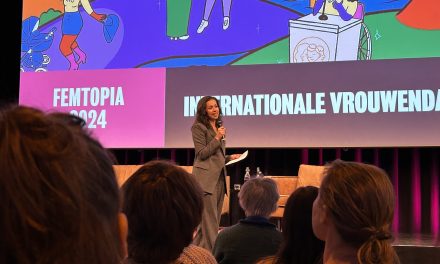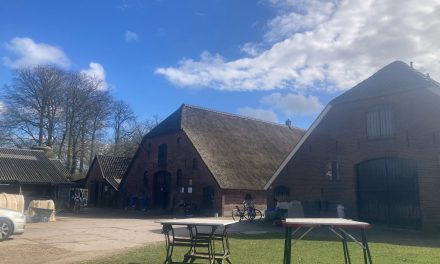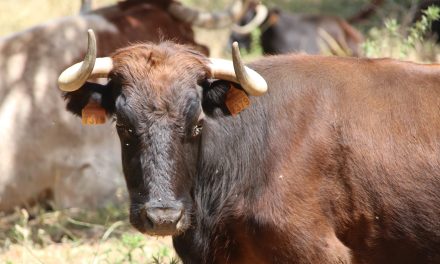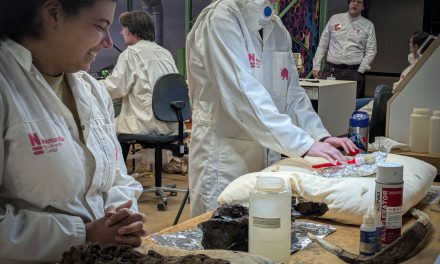In times of Covid-19, Indigenous peoples hold the key to saving a large data gap in science data
Now more than ever, we need empowered local communities to protect the nature areas they call home. Travel restrictions due to the Covid-19 pandemic are expected to cause a massive data gap in science, but not for the Centre for Sustainability PH (CS), a women-led youth conservation NGO that successfully spearheaded the declaration of the Philippines’ biggest Critical Habitat on Palawan and establishing another one on the island. Jessa Belle Garibay-Yayen is one of the founders of the Centre for Sustainability and an expert in working with local communities.
From communities, for communities, to communities is CSs mantra. The organisation works with local Indigenous people (IP) groups on the island of Palawan, who own most of the forestland. They have been the stewards of the land for the longest time and therefore the goals, ideas and knowledge coming from the local people are realistic, reliable and supported by the communities themselves. Knowledge is power to the forest has been a big project carried out by CS and supported by National Geographic. It addresses the importance of knowledge in protecting nature areas and aims at empowering local communities to collect data, given that they already have the knowledge, and being able to transform that on a written scientific paper gives a strong backbone to the sustainability of the communities.
The CS team started their first projects in 2014, and the NGO was officially established in 2016. Since then many foreign students and researchers from all levels have worked with CS, but there are always things that these external researchers do not know that the local communities do know. Local people have much to contribute due to their technical skills that are part of their daily life; setting traps and using the right tools for carefully collecting samples. These locals grew up and live with the animals in their daily life, they know how to handle them and are familiar with their behaviour, mating habits and diets. If a graduate researcher would do the work for CS, he would have to learn years and years of knowledge about the local ecosystem, whereas the local people only have to learn how to scientifically report this. ‘Reading’ the forest is like breathing air for them, as Jessa mentioned, “only a label needs to be put on it for data collection”.
“CS is just a medium to provide good conservation” is a sentence that comes back in the interview, meaning that the work goes both ways. The IPs have long protected their area, and the NGO helps them with the legal designation. CS provides workshops and training to the local Indigenous community members to empower them in knowledge, communication and understanding of ‘the other side’. “They need to know why there is a demand for a certain animal and why illegal activities take place. Enabling them to step up against illegal visitors with the right official documents to point to when defending the land prevents exploitation.
“Seeing the process from not being able to defend themselves and their land to empowered individuals and communities into claiming their own land and its rights is a wonderful process, and we feel privileged to be part of it.”
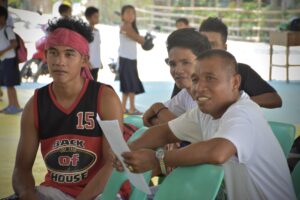
The Batak men paying attention during a workshop with CS. ©Othoniel Calago, Centre for Sustainability PH inc.
Can academic professionals be excluded totally?
Indigenous and local communities are the most permanent sources of data and the most observant of all data collectors due to ethnographical reasons; they know the forest and its resources like no other. However, graduate or foreign researchers cannot be totally excluded from the research because of, as Jessa mentioned, “we are losing lots of species and we need all hands on deck, involve as many people as possible to spread the word of protecting our environment, and spread it fast. The best way to do this is to get as many people as possible involved and create a wide network.” But, Jessa mentioned, “It is unfortunate that the IPs are not highlighted as much. Especially now, in times of the pandemic, Indigenous people should have more focus in research.”
Jessa can speak for the whole CS team when she recommends other NGOs to take the same approach in working together with local communities for the effectiveness of conservation. “There are already lots of efforts, but more can and more should be done in striving for a fully inclusive participation for local communities. We have to keep pushing and empowering each other to make full Indigenous participation happen.” The CS team hopes that, due to the Covid-19 crisis, Indigenous and local communities will be truly recognised for who they are, instead of being seen as a minority group. Their contribution to research efforts should be seen on a global level.
